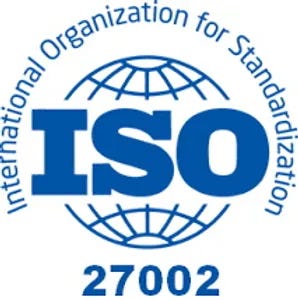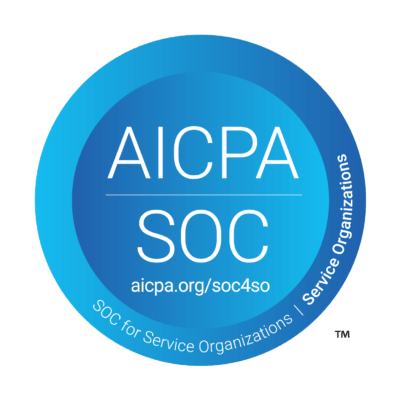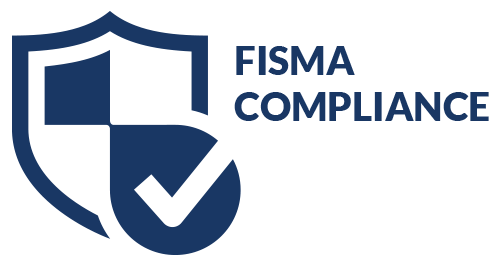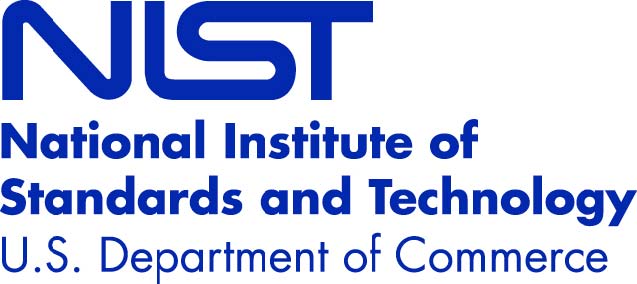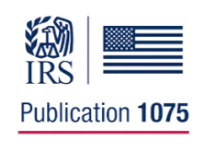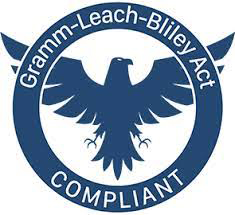Healthcare revenue cycle will be increasingly important for cash-strapped providers this year.
This past November, RevCycle Intelligence pointed out a fact that many financial leaders in hospitals have already recognized: They are cash-strapped, and need to make revenue cycle management a top priority this year.
As an issue, revenue cycle is at the top, beating back population health initiatives, data analytics, and even patient engagement. This has forced hospital administrators to review systems and workflows and rethink revenue cycle outsourcing, including collections, as a way to rapidly improve their fading bottom line.
This blog looks at the four top steps for auditing accounts receivables management in any healthcare facility. Why is revenue cycle expected to be the top driver in healthcare next year and how can collections companies help?
Conducting Accounts Receivables Management Audits
As a crucial step toward laying the groundwork for revenue repair, hospitals, and medical practices are conducting accounts receivables management audits. Becker’s ASC Review suggests that these audits include four key steps:
- Scheduling monthly A/R reporting with an aging, average days in A/R, and over 90-days in A/R buckets.
- Making follow-up procedures consistent, including claims correction and in-house or outsourced collections.
- Reviewing unpaid claims and establishing steps to mitigate them.
- Establishing and maintaining a list of top 20 reasons for claim rejections. That will ensure the ability to train staff to help prevent them.
These audits should be conducted monthly in order to regain control of the balance sheets, suggests Becker’s. When coupled with successful in-house or outsourced collections, these are proactive ways to improve the healthcare revenue cycle.
Regaining control of healthcare balance sheets requires monthly diligence.
Outsourcing Accounts Receivables Management and Collections
RevCycle Intelligence surveyed 6,000 health system executives and 5,600 physician practice leaders and determined that 59% of medical practices and 86% of hospitals are planning on using these audits to eliminate many manual revenue cycle processes that are resource intensive, costly, and fail to yield ROI.
A recent Ernst & Young study pointed out several trends leading hospitals to consider third-party collection agencies to reduce their past due A/R:
- Uncollected hospital debt holds the top spot over all other categories of past due receivables in this country, beating out even student loans for the sheer volume of revenues owed.
- Outsourced collection agencies captured more than $78.5 billion on past due A/R in 2016.
- 71% of the revenues captured were on receivables that were over 90-days past due while 29% were less than 90-days old.
These numbers illustrate the value-added services that third-party collection agencies can bring to the accounts receivables management process for healthcare providers.
Poor claims management processes, outdated technology, and unsuccessful collection efforts have all contributed to the revenue cycle woes of hospitals and health systems. TSI remains committed to helping our hospital clients maintain positive relationships with patients by following compliance rules while capturing significant revenues that positively impact the bottom line of healthcare providers.
To learn more about how to optimize your revenue cycle by outsourcing with TSI, contact us today.
Want to learn more about TSI? Fill out the form and a TSI representative will contact you shortly.

